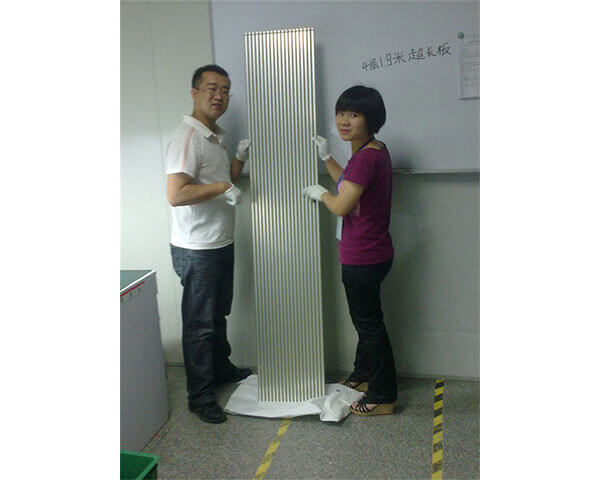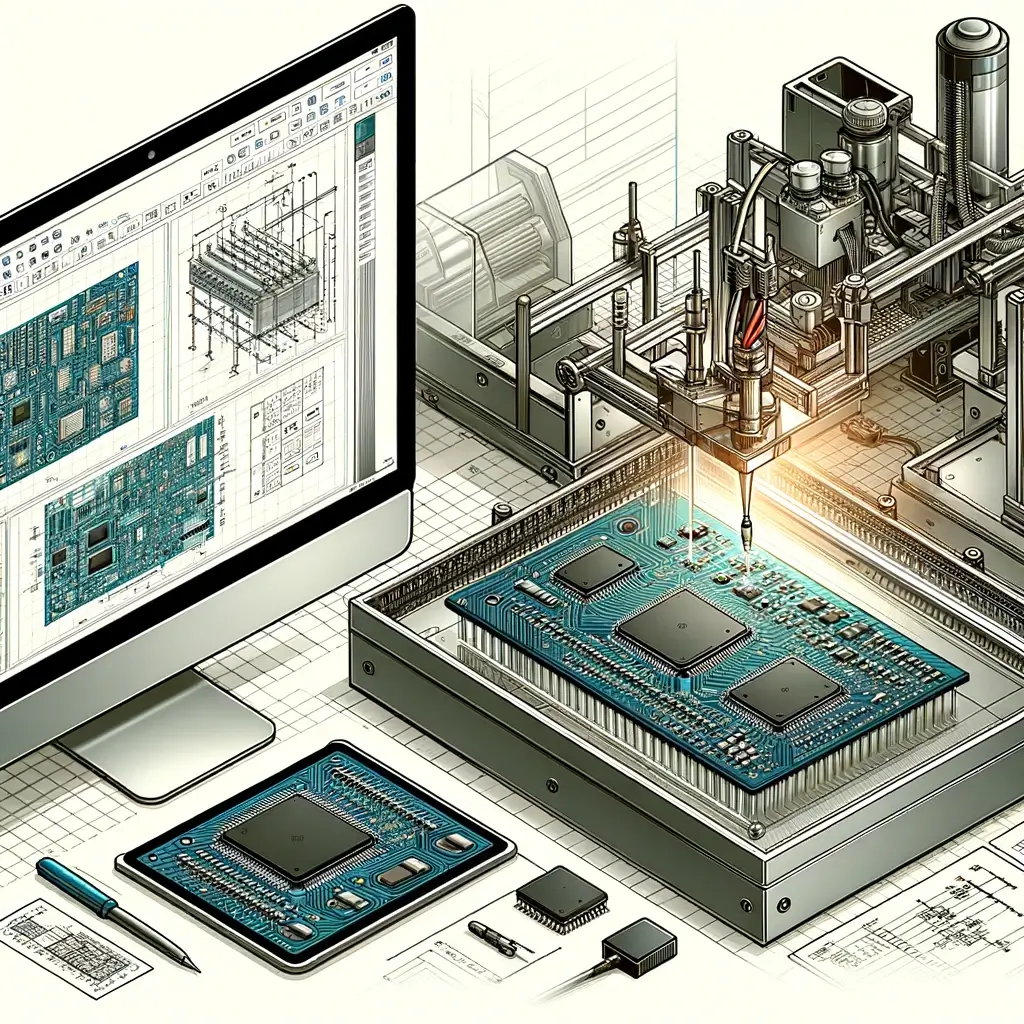Introduction of high-frequency PCB and high-speed materials for 5G printed circuit board
In 2019, 5G will be commercialized preliminarily, the upstream raw materials of core materials such as high-frequency copper cladding are basically similar to those of traditional CCL. After being produced by downstream PCB manufacturers(Hitech PCB), they will be used in equipment components such as base station antenna module and power amplifier module. Finally, it is widely used in communication base station (antenna, power amplifier, low noise amplifier, filter, etc.), automobile auxiliary system, aerospace technology, satellite communication, satellite TV, military radar and other high-frequency communication fields.
5G high frequency and high speed technology puts forward higher requirements for circuits. Rf circuits with operating frequencies above 1GHz are generally referred to as high-frequency circuits. In the process of mobile communication from 2G to 3G and 4G, the communication frequency band has developed from 800MHz to 2.5ghz. In the era of 5G, the communication frequency band will be further enhanced. The PCB will be equipped with antenna vibrators and filters for 5G radio. According to the requirements of the Ministry of Industry and Information Technology, the 3.5ghz band is expected to be used in the early 5G deployment, while the 4G band is mainly around 2GHz. The electromagnetic wave with a wavelength of 1-10 mm in the 30-300 GHZ band is usually called millimeter wave.

When 5G is commercialized on a large scale, millimeter wave technology ensures better performance: extremely wide bandwidth, available spectrum bandwidth of up to 1GHz in 28GHz band, available signal bandwidth of up to 2GHz in each channel in 60GHz band; The corresponding antenna has high resolution, good anti-interference performance and can be miniaturized. The propagation attenuation in the atmosphere is fast, and the close distance confidential communication can be realized.
In order to meet the requirements of high frequency and high speed of 5G, as well as the problems of poor penetration and fast attenuation of millimeter wave, 5G communication equipment has the following three performance requirements for PCB:
1. Low transmission loss;
2. Low transmission delay;
3. Precision control of high characteristic impedance. There are two ways to high-frequency PCB, one is PCB processing process requirements are higher, the other is the use of HIGH frequency CCL — meet the high frequency application environment of the substrate material is called high frequency copper clad plate.
The dielectric constant (Dk) and dielectric loss factor (Df) are used to measure the performance of high frequency coppers. The smaller Dk and Df, the more stable, the better the performance of high frequency high-speed substrate. In addition, for RF boards, PCB boards have larger area and more layers, requiring higher heat resistance (Tg, high temperature modulus retention) and tighter thickness tolerances from the substrate.
There are several kinds of high frequency and high speed materials for common circuit boards: hydrocarbon resin, PTFE, LCP liquid crystal polymer, PPE/PPO, etc.
Want to know more? Contact me at [email protected]. From Sandy



